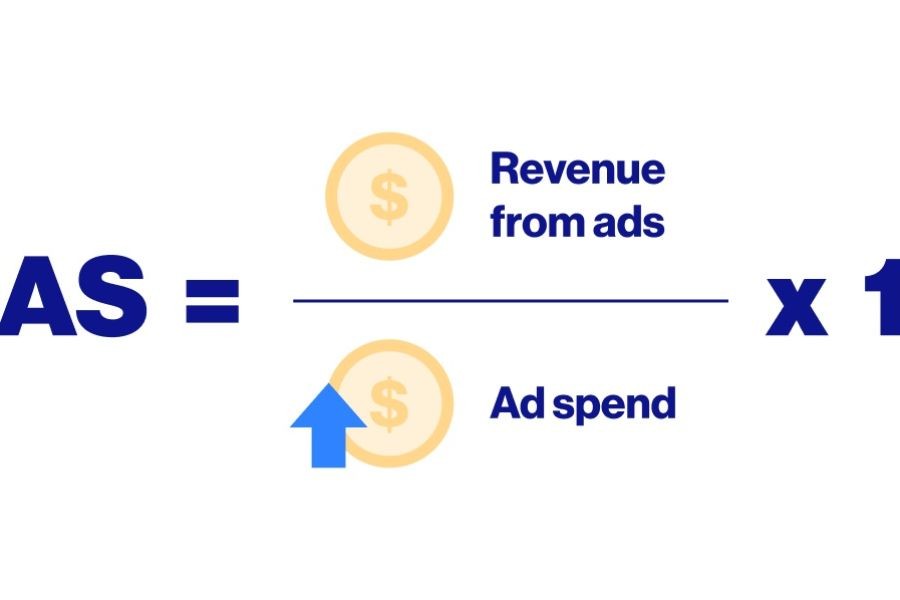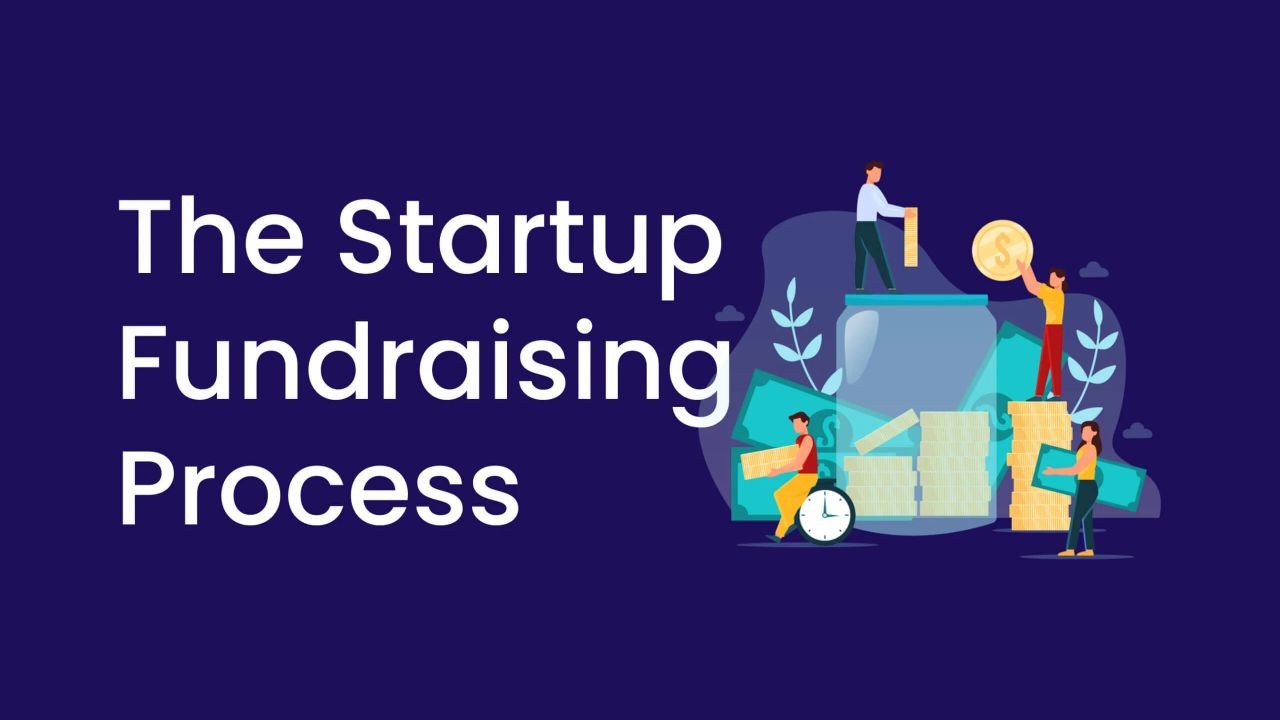In recent years, artificial intelligence (AI) has gained significant traction as a transformative force across global economies. But how exactly will emerging AI trends shape New Zealand’s economy? This article delves into the impact of AI within New Zealand, highlighting local examples, offering expert insights, and providing actionable strategies for healthcare consultants and other stakeholders. With data-driven analysis, we aim to clarify the opportunities and challenges AI presents to New Zealand's unique economic landscape.
The Historical Evolution of AI in New Zealand
New Zealand has always been a forward-thinking nation, embracing technological advancements to enhance economic growth. Historically, the country has leveraged its robust education system to foster tech innovation. The introduction of AI has been no exception. From the early adoption of machine learning to the integration of AI in sectors like agriculture and healthcare, New Zealand’s journey with AI has set a precedent for other nations.
The Ministry of Business, Innovation, and Employment (MBIE) reported that AI could contribute up to NZD $54 billion to the national economy by 2030. This prediction underscores the importance of AI as a driver of economic prosperity. However, to fully harness this potential, understanding AI's nuanced impacts on various industries is crucial.
Data-Driven Insights into AI's Economic Impact
According to Stats NZ, the digital economy—including AI—has grown at a rate of 9.5% annually, outpacing the general economic growth rate. This statistic highlights AI's pivotal role in driving economic expansion. But what does this mean for New Zealand businesses and healthcare consultants?
Case Study: AI in Healthcare – A New Zealand Example
Consider the case of the Auckland-based health startup, PrecisionHealth. Facing the challenge of increasing patient load and the need for personalized treatment plans, the company turned to AI. By integrating AI-driven analytics, PrecisionHealth customized treatment plans, resulting in a 30% improvement in patient outcomes and a 20% reduction in operational costs. This case study demonstrates the tangible benefits of AI in healthcare, offering actionable insights for healthcare consultants looking to optimize their practice.
Pros and Cons of AI Integration
As AI continues to permeate New Zealand's economy, it’s important to weigh its advantages against potential drawbacks.
Pros:
- Efficiency Boost: AI solutions streamline processes, reducing time and resources needed for tasks.
- Innovation Driver: Encourages the development of new products and services.
- Enhanced Decision Making: AI provides data-driven insights, improving strategic decisions.
- Economic Growth: Potential to increase GDP significantly by 2030.
Cons:
- Job Displacement: Automation could threaten certain job roles.
- Privacy Concerns: Data security and user privacy remain significant issues.
- High Initial Costs: Implementing AI systems requires substantial upfront investment.
- Regulatory Challenges: Rapid technology adoption outpaces regulatory frameworks.
Contrasting Viewpoints: AI's Role in Job Creation vs. Job Displacement
There is an ongoing debate about AI's impact on employment. Advocates argue that AI will create more jobs than it displaces by enabling new industries and roles. For instance, AI has created roles such as data scientists and AI ethicists. On the other hand, critics point out that automation could lead to job displacement, particularly in manufacturing and other labor-intensive sectors.
In New Zealand, the middle ground involves reskilling programs supported by the government and industries. The Ministry of Education has introduced initiatives to prepare the workforce for AI-centric roles, ensuring a balanced approach to the AI revolution.
Common Myths About AI in New Zealand
- Myth: AI will replace all jobs in New Zealand.
- Reality: While AI will automate certain tasks, it will also create new opportunities in sectors like AI programming and maintenance.
- Myth: AI implementation is only for large corporations.
- Reality: Many New Zealand SMEs are adopting AI technologies to enhance productivity and competitiveness.
- Myth: AI lacks the human touch necessary for healthcare.
- Reality: AI enhances healthcare by providing data-driven insights, assisting doctors in making informed decisions.
Future Trends and Predictions
Looking ahead, AI is set to play an even larger role in shaping New Zealand’s economic landscape. By 2028, it's anticipated that AI will be integrated into 70% of all business operations in New Zealand, according to a report from NZTech. This integration will not only drive economic growth but also foster innovation across industries.
Moreover, the healthcare sector is expected to see a surge in AI applications, with predictive analytics improving patient care and operational efficiencies. The Reserve Bank of New Zealand predicts that AI could boost productivity across industries, contributing significantly to GDP growth.
Final Takeaway & Call to Action
As AI continues to evolve, its impact on New Zealand’s economy will be profound and multifaceted. Healthcare consultants and other professionals must stay informed about AI trends and leverage these technologies to remain competitive.
If you’re ready to embrace the future of AI in New Zealand, consider exploring AI tools and resources available through NZTech and other industry bodies. Engage with local AI communities to stay ahead of the curve and share your insights on how AI is impacting your industry below!
People Also Ask (FAQ)
- How does AI impact businesses in New Zealand? AI enhances efficiency and innovation, leading to 25% higher customer retention, according to MBIE.
- What are the biggest misconceptions about AI? A common myth is that AI will replace all jobs, but it also creates new roles, as noted by NZTech.
- What strategies should businesses adopt for AI integration? Start with process automation, followed by data analytics, ensuring ethical AI use for success.
- What upcoming changes could affect AI in New Zealand? By 2026, policy updates in tech could shift AI’s landscape—adopt agile strategies to stay ahead.
Related Search Queries
- AI impact on New Zealand economy
- Future of AI in healthcare NZ
- AI job creation vs. displacement NZ
- AI trends in New Zealand 2024
- AI and data privacy concerns NZ































